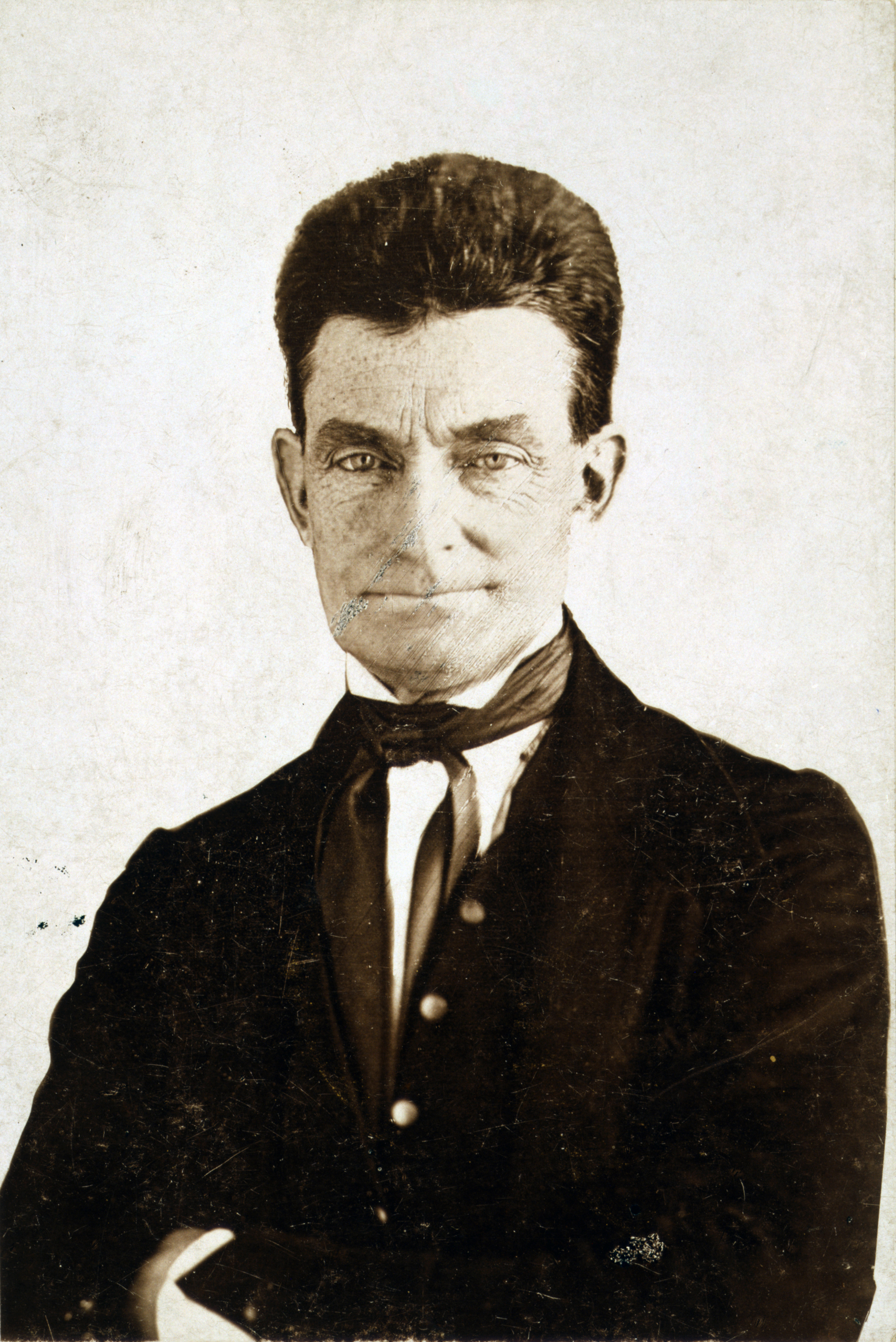Another logical conclusion to all the research into NGO's proposed bans on E-Waste Exprot Trade.
"Hey, we can do it right. We can repair and recycle better than you can"
As goes Hong Kong, so goes Agbogbloshie, Accra, Ghana. A $30M State of the Art E-Scrap Recycling Plant is breaking ground in Ghana. In January, I'll be there.
Finally the End of Ewastegate?
"Hey, we can do it right. We can repair and recycle better than you can"
As goes Hong Kong, so goes Agbogbloshie, Accra, Ghana. A $30M State of the Art E-Scrap Recycling Plant is breaking ground in Ghana. In January, I'll be there.
The Ministry of Environment, Science, Technology and Innovation in partnership with the Environmental Protection Agency are set to commission the construction of a recycling facility at Agbogbloshie in the Greater Accra Region.
Estimated at $30 million for the first phase, the facility is expected to recycle all waste electrical and electronic equipment to final products in an environmentally sound manner, relieving the people of Accra and its environs, specifically Agbogbloshie community of toxic pollutants generated from the burning of e-waste. - See more at: http://citifmonline.com/2016/11/23/govt-to-construct-30m-e-waste-facility-at-agbogbloshie/#sthash.EpjnrmbK.dpufOnce again, the solution to "sweatshops" is found to be "air conditioners". Given the choice between moving business back to "Big Shred" in Europe and the USA, the Tech Sector in Emerging Markets says "Thanks but we like managing this, and by the way we're really, really good at it".
Finally the End of Ewastegate?




